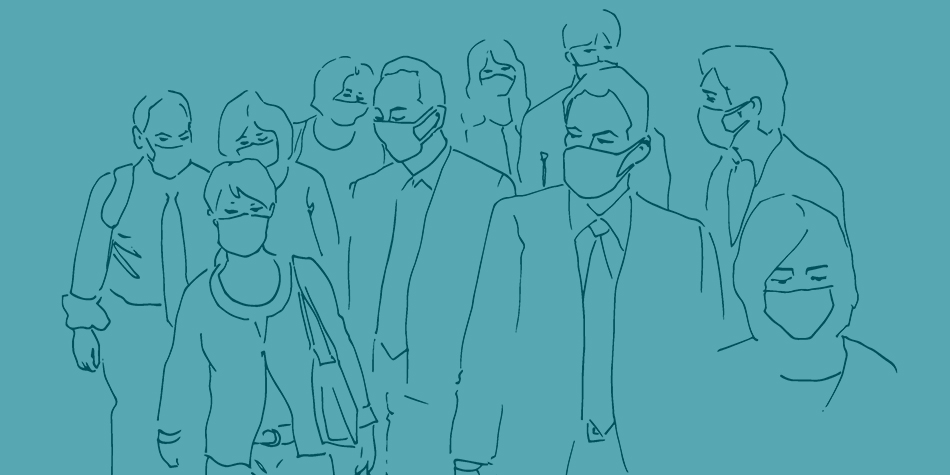
Dr. Peter Tsai, inventor of the electrostatic charging technology that makes the filter media of face masks including medical and N95, was recently featured in this article from the Washington Post, which provides various sources and opinions on constructing DIY face masks. As more individuals seek to create home-made face masks, Dr. Tsai shares some additional thoughts on important elements to consider:
“Basically, any cloth barrier helps to prevent the spread of the droplets from an infected person and to intercept the droplets before entering a healthy person. A hydrophobic nonwoven layer such as shop towel made of PP (Polypropylene) or PET (polyethylene terephthalate) between two thin layers of fabric such as handkerchief or scarf is an ideal structure for a homemade mask because 1) the droplet will not penetrate through the hydrophobic media to contaminate the wearer’s mouth or nose and 2) nonwoven fabrics have a better filtration efficiency than a woven fabric because nonwovens are composed of fibers with each individual fiber serving to capture particles. Woven fabrics, on the other hand, are composed of yarns or threads, in which fibers are bundled together. Only the fibers exposed on the yarn or the thread surface have the ability to capture particles.
Hydrophilic materials such as wipes, tissues, paper towels, or coffee filters are not ideal for the middle layer of the mask because the droplets in contact with these materials will spread out, penetrate through, and contaminate the wearer’s mouth and nose. A drop of water on the material can show if a material is hydrophobic or hydrophilic: it is hydrophobic if the drop beads up, hydrophilic if it spreads out.”